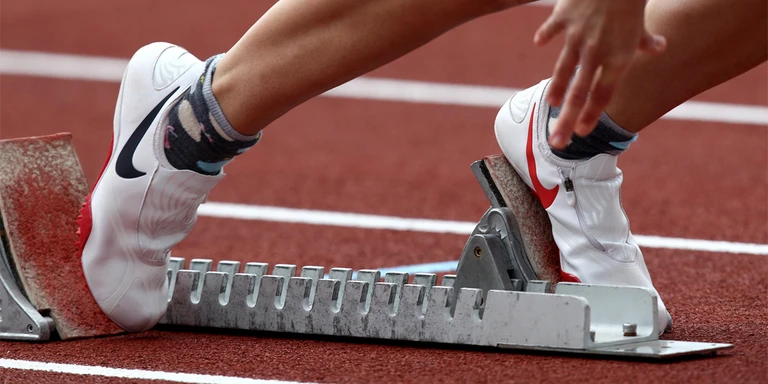India’s fastest women athlete Dutee Chand on Friday decided to appeal against the four year ban imposed on her by the National Anti-Doping Agency (NADA) for failing two out-of-competition dope tests for a banned substance.
The double Asian Games silver medalist was served with the notice after tests, conducted during December, found “other anabolic agents/SARMS” in the athlete’s body, which is listed under “WADA’s 2023 prohibited list of non-specified substances”.
Also read:
SARMS, or selective androgen receptor modulators, are non-steroidal substances commonly used to treat osteoporosis, anaemia and wound healing in patients.
Dutee’s ban is slated to be effective from January 3 this year and all her competitive results will be scrapped from the date the first sample collection took place , which was on December 5, 2022.
Dutee Statement
Talking to news agency PTI, Dutee’s counsel Parth Goswami said, “For us, this is a clear case of unintentional consumption of a banned substance. We were clearly able to establish the source of the substance in the body, which is a substantial proof of lack of intent. The substance was never used to gain any sporting advantage.
“Dutee is the pride of India and is a clean athlete. She has had an illustrious career of over a decade. She has undergone hundreds of dope tests internationally and nationally and has always been clean in her long career,” he said.

“We are in process of filing an appeal. We are hopeful that we will be able to convince the appeal panel,” Goswami added.
NADA stance
In their order, NADA’s Anti-Doping Disciplinary Panel (ADDP) said, “The athlete and her counsel had without refuting the findings of the NDTL (National Dope Testing Laboratory) report stated that the consumption of the said substance was unintentional and the ingestion of the same had been advised by the physiotherapist who was being regularly consulted by the athlete.
“The athlete and her counsels submitted that the said physiotherapist had been attached with the athlete from the Pullela Gopichand Academy where the athlete was training under special permission.”
Dutee’s counsel had submitted that the sprinter was “hyperandrogenic” owing to which she was having “severe groin pain” because of which the treatment was recommended.
Editor's Pick
 Cricket
The 'Virat Kohli' era in Indian cricket finally over? This stat posts a gloomy picture for RCB star
Cricket
The 'Virat Kohli' era in Indian cricket finally over? This stat posts a gloomy picture for RCB star



















































